Many small-scale start-ups are operational in this space for some years now. Larger players, too, seem to have realised the potential and are now entering into the fray, mostly through acquisitions.
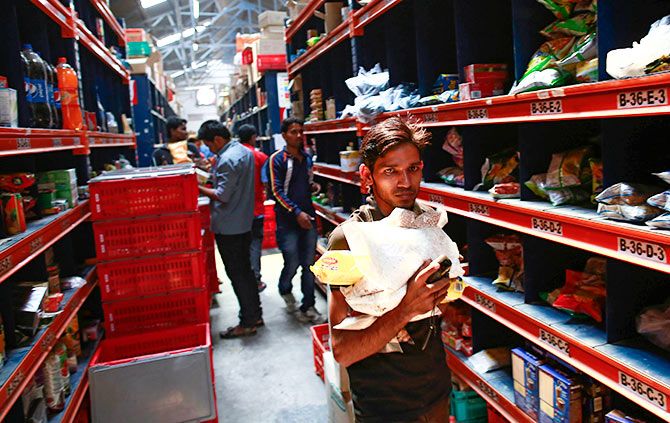
For someone like Pranay Raj, who lives in a locality which has no nearby shop, replenishing daily household items is a struggle.
He stocks up on his grocery requirements through a single visit to the market every month. But perishable items like milk and bread require him to trek a couple of kilometres every day.
But two months ago, Raj bid adieu to this tiring routine. He now orders perishables with just a few taps on his smartphone.
He belongs to the new breed of customers taking advantage of micro-delivery or the hyper-local delivery ecosystem in India. “All that these platforms require you to do is to place the order before 11 pm. The items are delivered by 7 am the very next day," says Raj.
Many small-scale start-ups are operational in this space for some years now. Larger players, too, seem to have realised the potential and are now entering into the fray, mostly through acquisitions.
Online grocer BigBasket has made two back-to-back acquisitions: RainCan and MorningCart.
It has also acquired a controlling stake in the smart vending machines start-up, Kwik24. Earlier, Swiggy acquired Mumbai-based Supr Daily in an all-cash deal. Other major players in this field -- DailyNinja, Doodhwala and Milkbasket -- have received investments in the last one year.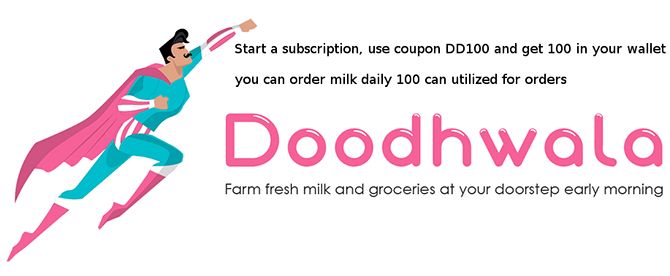
Bengaluru-based DailyNinja, which raised three rounds of funding in the last 12 months, has acquired two Hyderabad firms -- WakeupBasket and 4amshop. Co-founder Sagar Yarnalkar claims DailyNinja has an “annualised revenue run rate of around Rs 850 million with current monthly revenues at about Rs 70 million."
How they work
The business model is simple, says Anup Bishnoi, the co-founder of MorningCart, which has now become bbdaily. “Reach maximum households through the medium of milk, create stickiness and meet all their daily needs,” he says.
Following the acquisition, BigBasket has rebranded Morning Cart as bbdaily. At present, it works as a separate entity, but there are plans to merge it with BigBasket altogether.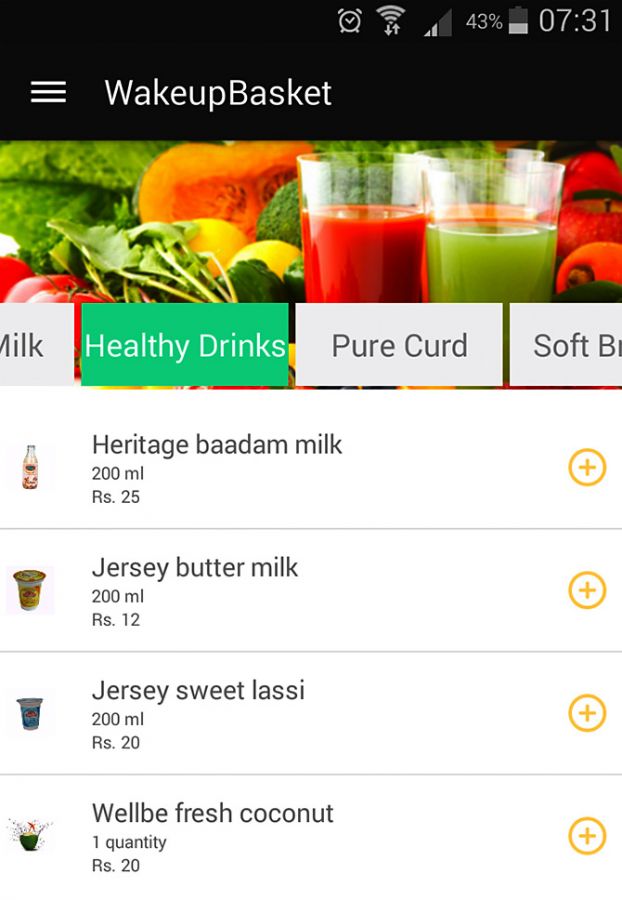
While most start-ups hire people to deliver the products, DailyNinja works in partnership with milkmen. The tie-up provides it with an established customer base.
Opportunity
First the numbers. The overall grocery market in India is pegged at $300 billion to $400 billion, according to various estimates. A Morgan Stanley report expects grocery to be the fastest-growing e-commerce segment in India by 2020, with 12.5 per cent contribution in the total online retail sales. 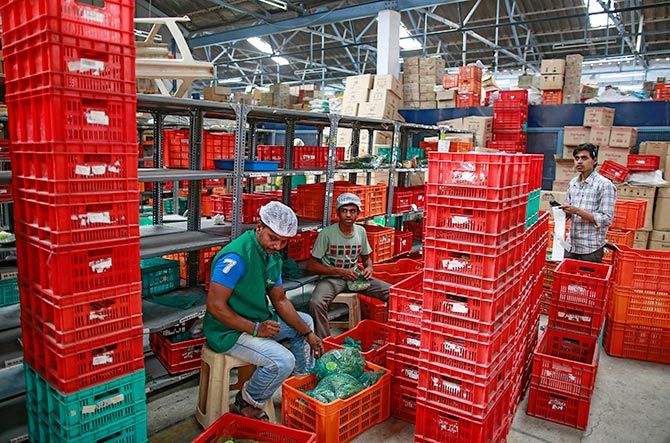
Going by the recent acquisitions, micro-delivery seems to be the path that online grocery start-ups are adopting for their next phase of expansion. The back-to-back acquisitions made by BigBasket is being seen as an effort to fend off Amazon India and Flipkart, which are trying to quickly expand their grocery business.
The micro-delivery space holds many advantages over online grocery. Though the ticket size per order is comparatively lower, order frequency, customer retention and stickiness are much higher for hyper-local delivery services.
"Our service is extremely sticky with customers. On an average, each customer orders 24 times a month and we have a 95 per cent monthly retention rate," says Yarnalkar.
According to Naman Sarawagi, an investor in DailyNinja, the sector holds a considerable advantage over online grocery, when it comes to perishables. Sarawagi says as Indians like to eat fresh, they would prefer these start-ups’ small regular orders over bulk orders on online grocery apps.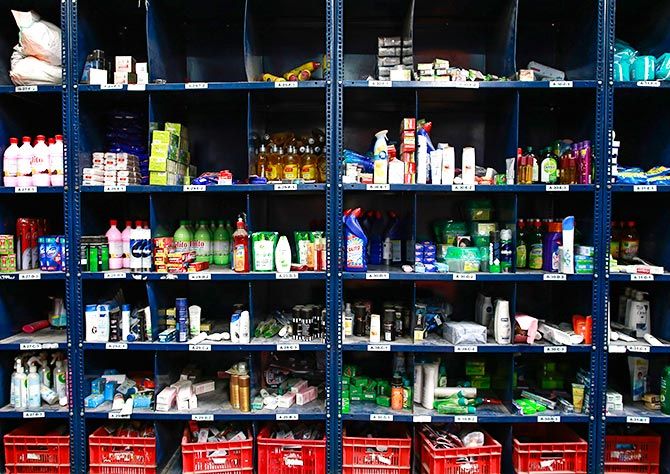
Challenges
Given the thin margins and competition from well-established businesses, making profits is not easy in this field. Consider milk, a product that pits them against milkmen. While procuring costs are bound to be higher for the start-ups, gaining ground on milkmen requires additional expense over discounts and marketing.
But, RainCan co-founder Abhijeet Kumar says the use of AI in the supply chain is helping them overcome the challenge of high delivery costs.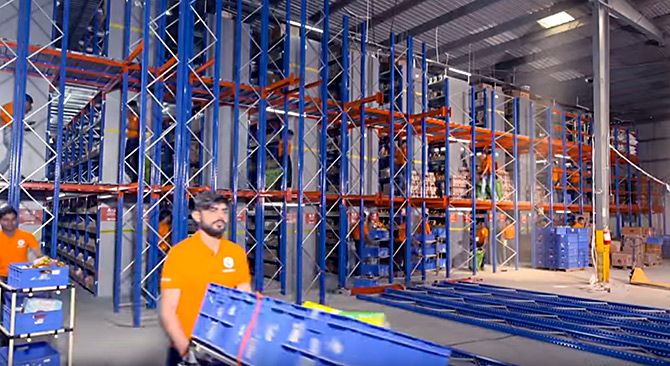
DailyNinja counts “solving region-specific issues” and “building vendor friendly brand in each geography” as major challenges as it looks to enter to new territories.
Bishnoi of bbdaily says meeting customers’ expectation on quality and punctuality day after day keeps them on their toes. “And to do that, we have only a short window of four hours,” he says.










